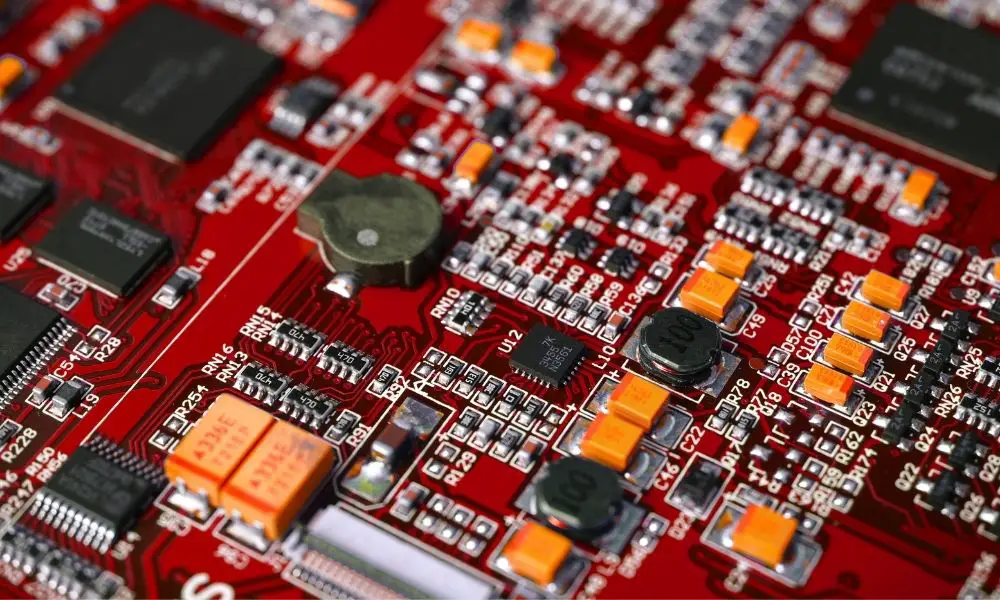

Our vast assortment of personalized electronic devices would not be present realities without the existence of printed circuit boards. PCBs have been around town for copious decades, but the capabilities and abilities of their technologies have undergone numerous advancements over time. Society’s increased need for speed and functionality has greatly driven these advances forward.
When did this electronic craze first begin, and how did it transform into our modern existence? Let’s dive a bit deeper into a brief history of printed circuit board technology to uncover the answers.
The build-up to modernized technology occurred heavily in the early-mid 1900s. When electricity entered the picture, everyday life ultimately changed for the better. More people lived in cities than out on farms. Society’s infrastructure adapted to the boom of modern brands, stores, appliances, and automobiles.
Functional PCBs were not present at the time, but the first patent by Charles Ducas gave birth to the possibility for future application. The electrical connectivity between a board and its components still needed the right framework for common use.
PCB technology became increasingly vital during the years of the second world war. Evolution occurred due to military applications and weaponry operations, enhancing both design and mass production techniques. UK-based inventor Paul Eisler came up with a printed circuit board concept—copper foil with a glass base. The use of these specific materials in design foreshadowed the modern-day insulation of PCBs. Post-war PCB tech developments continued due to the burgeoning arms and space race.
Next up on a brief history of printed circuit board technology is the digital age of connectivity. Integrated circuits became the baseline of electronics manufacturing. The first home computers hit the market in the late ‘70s, and the ‘80s completely changed how society consumed media. The introduction of personal devices revolutionized culture. PCBs transmitted the necessary signals to make cordless phones, Walkmans, VHS players, cameras, gaming consoles, and compact disc players a reality.
PCB technology blossomed in the ‘90s, as newfound digital design software saved time and money. Manufacturers could produce a wide array of electronic devices to meet consumer demand. Personal computers became household fixtures thanks to internet connection. However, this rapid technological advancement made PCB a more dedicated process, demanding smaller parts and intricate wiring.
Since the turn of the century, the use of singular mobile electronic devices is an everyday commodity. PCBs make limitless electronic functions and media consumption possible. All you need is a mobile-connected tablet, laptop, or smartphone. These days, you can encounter varying types of PCBs and applications that exist in diverse industries. From automotive to aerospace to the medical sector, innovative high-tech devices power countless needs.
No one knows for certain what the future of this technology holds—AI, robotics, and smarter devices perhaps—but it’s up to society to continually innovate and design how humanity functions in the world. Also, you can prefer Clock Oscillators which is one of the best equipment for circuits.
Additional Resources:
Retail Robots
Deep Learning
Computer Vision
Artificial Intelligence
There’s nothing worse than lighting a new candle and watching it sputter out, tunnel, or…
Discover how woven metal fabric transforms restaurant design with its versatility, from feature walls to…
Upgrading your workspace? Get inspired by design ideas for materials, lighting, and amenities, and tips…
In recent years, the global interest in peptides has surged due to their wide-ranging benefits…
Maximize your workspace without overspending. Explore practical ways to expand your office using smart layouts,…
Discover how to create a thriving STEM community through hands-on, collaborative projects that are perfect…